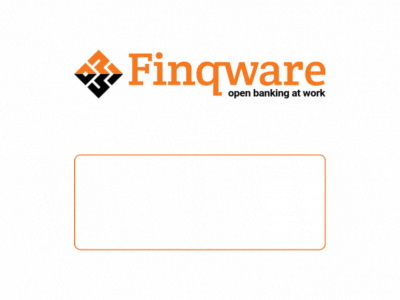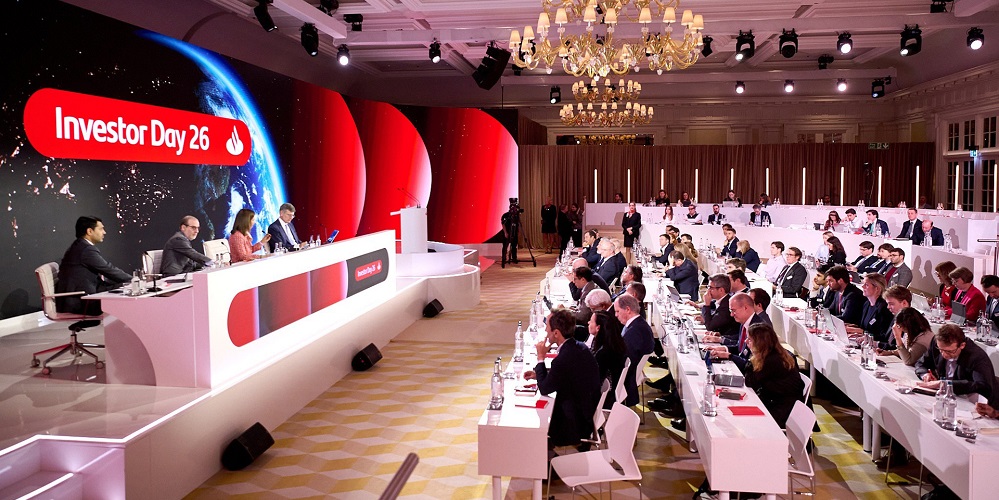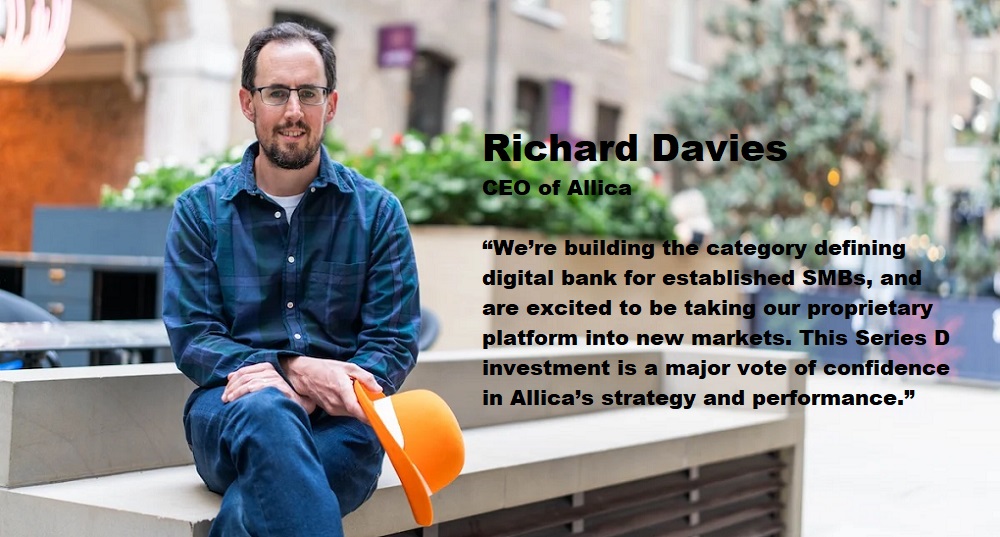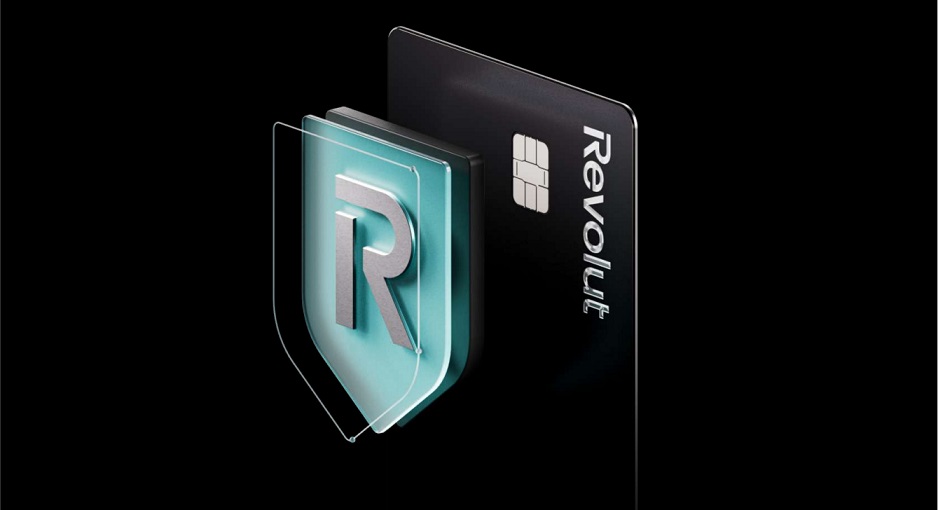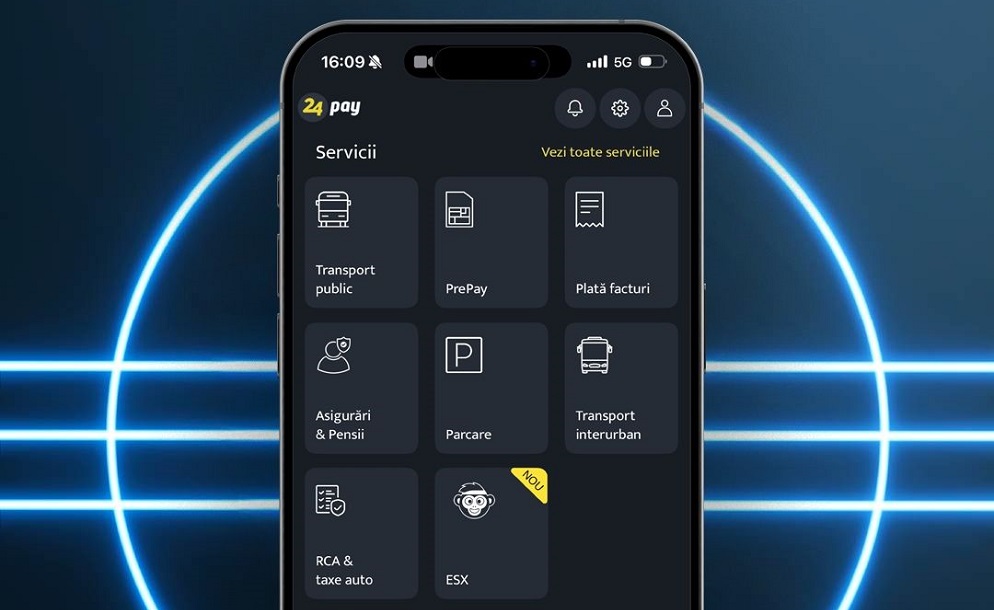The winner of the Open Banking Hackathon – CEE edition, is a Romanian fintech with a solution of financial inclusion
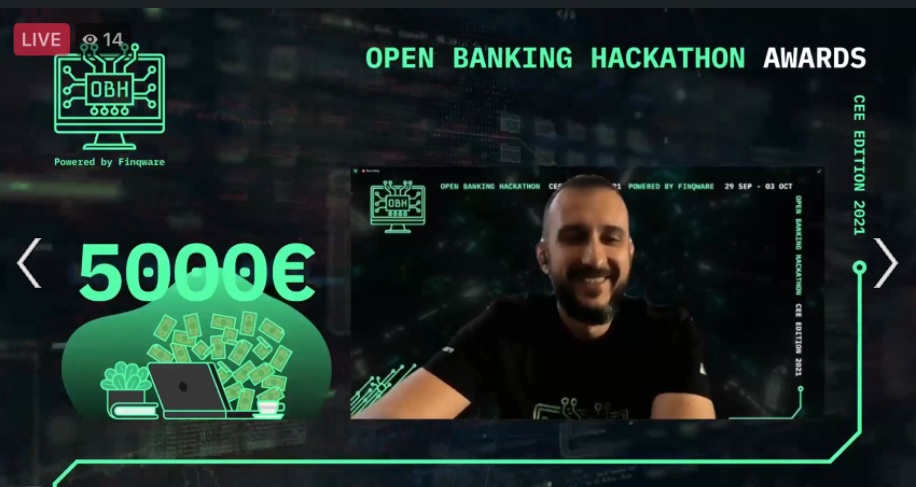
Currently In CEE and CIS countries, 33% of the population is still unbanked. They are a very hard to reach and mostly unknown segment, as they do not have access to banking services, do not see value in them and simply use cash.
Then there is a second segment, of people with unreliable access to banking and card payment infrastructure, who depend on the same ATM with thousands of others, or who have to travel to another location in order to reach a bank. They are the ones who prefer to withdraw all their money as soon as possible, whether they need it or not.
„This second segment, even if it is banked, are still in need of a useful banking product that meets their needs. Thus, we can not say that they benefit from financial inclusion,” says Dan Cobeanu, the founder of ProxiCash, the winner of the last CEE dition of Open B4anking Hackthon.
For this to happen, people need to be in control of their very own finances anytime, anywhere, without being restricted by the physical networks of various financial institutions, Cobeanu believes. And yet it is not feasible to demand 100% physical coverage from any such institution. This is why there are mixed solutions out there that bring together several stakeholders in order to address together a point of pain with major implications.
„So on one hand, we clearly have a problem with access to banking services for a segment of the population, who is heavily reliant on cash. On the other hand we have small stores all around the region, stores which have to handle large amounts of cash everyday, generating costs until the money finally ends up in their bank account. This is where ProxiCash comes in,” according to Cobeanu.
The solution facilitates financial inclusion, allowing people to use their bank account at their convenience by withdrawing cash directly from it. They can do this in any of their favourite corner shops that are part of ProxiCash network. All with a few taps on their phone. This can happen now thanks to the open banking and PSD 2 regulations.
„We will partner with Finqware in order to access their open banking ecosystem,” Cobeanu explains.
„Also, based on our network and previous projects, we can easily reach more than 30,000 retail locations in Romania to implement the solution. Moreover, our business can be easily extended to other countries in CEE and beyond, which face the same issues”.
Overall, Proxicash is an accessible solution that allows better financial management and easier access to one’s own money anytime, anywhere.
How does it work?
The clients use ProxiCash to connect to their bank account via Finqware services. They enter the sum that want to withdraw and receive a barcode in the app. The store’s cashier scans the barcode and then hands over the requested cash.
Cobeanu says that With ProxiCash, anyone can access their money whenever they new it. „This encourages the unbanked population to open a bank account, as they can finally use it at their convenience in partnership with a retailer they already know and trust.”
What’s next?
„After the withdrawal service we will implement the deposit service and as soon as the banks offer, the possibility of opening a bank account with the help of ProxiCash,” Cobeanu added.
ProxiCash can be used as a standalone app, or integrated with already existing retailers’ apps. The company is charging a fee for each transaction, from which a percentage goes to the partnering retailers who connect to our service.
„Our target is not to increase the cash usage but the financial inclusion and at the same time to offer access to banking services for all the population segments in such a way that nobody is left behind,” Cobeanu concludes.
Dariusz Mazurkiewicz – CEO at BLIK Polish Payment Standard
Banking 4.0 – „how was the experience for you”
„To be honest I think that Sinaia, your conference, is much better then Davos.”
Many more interesting quotes in the video below:
